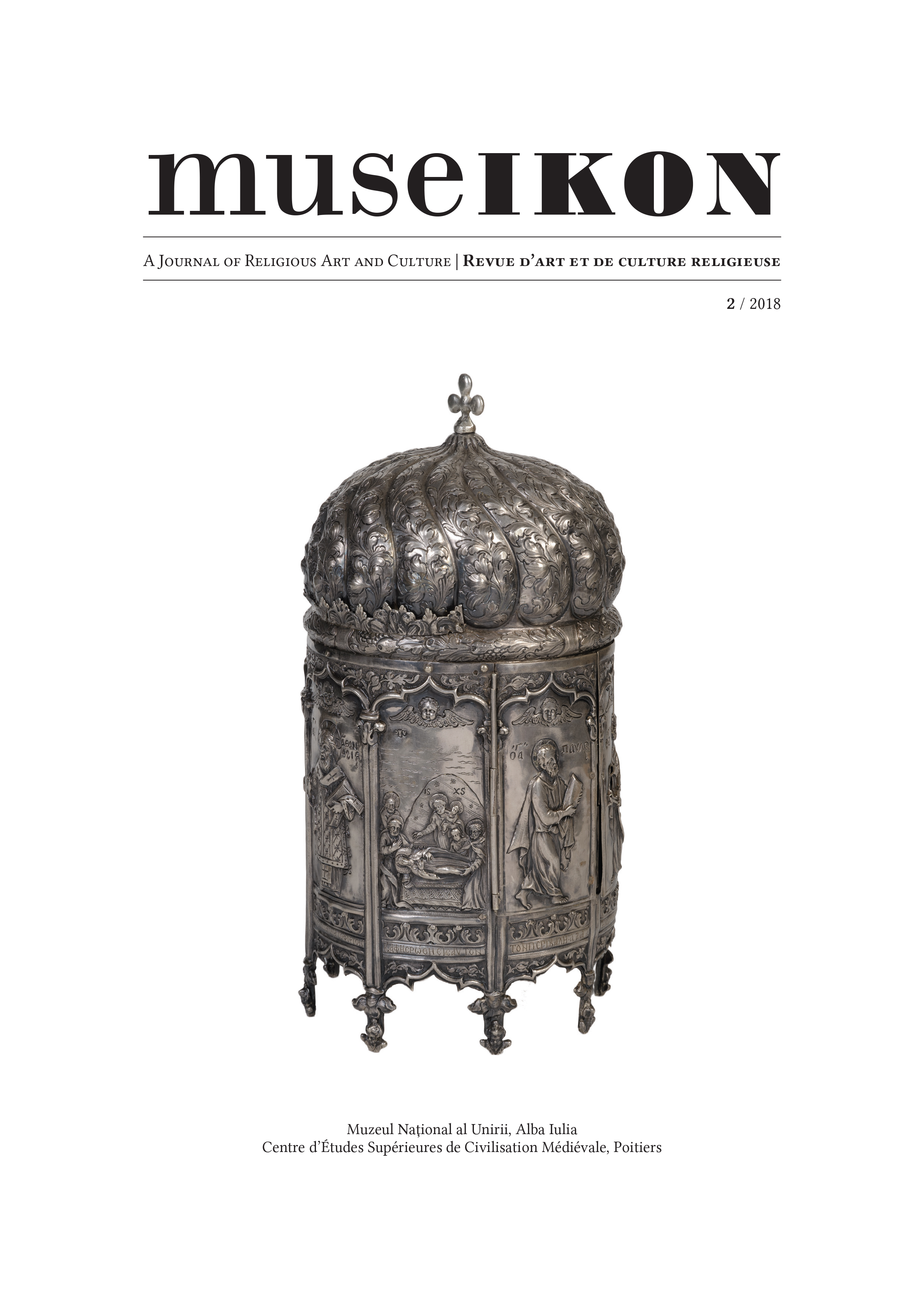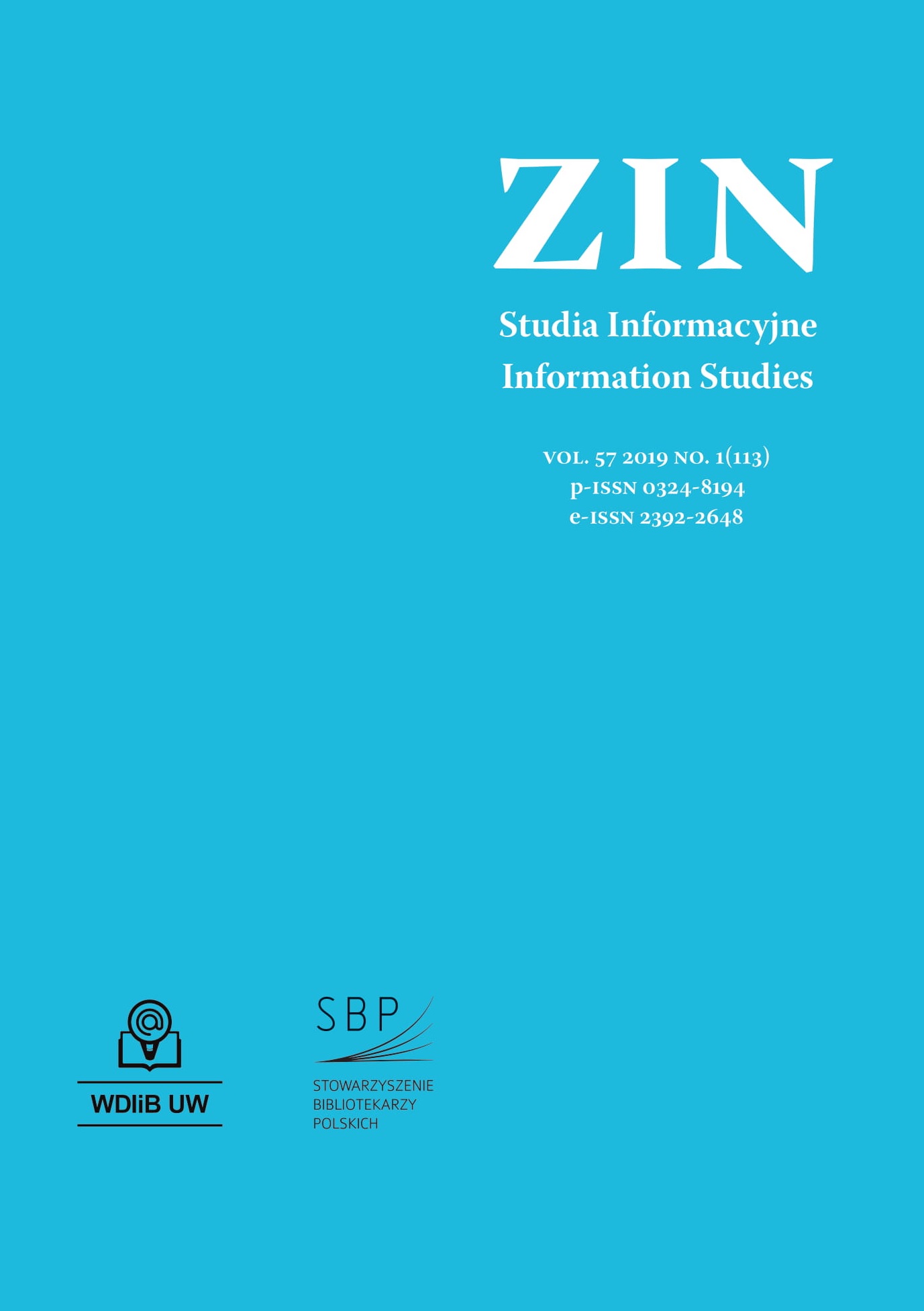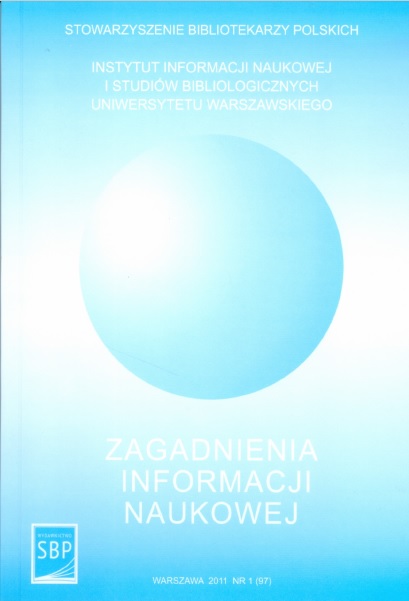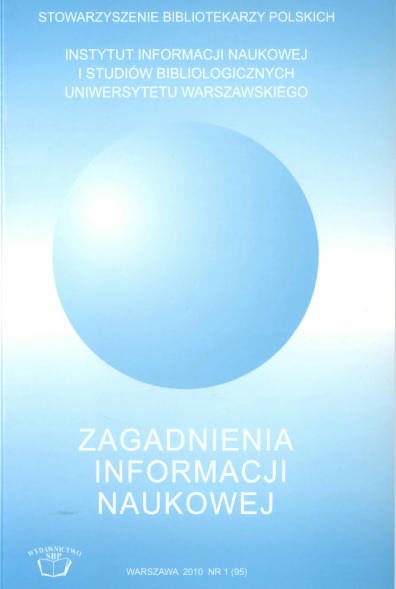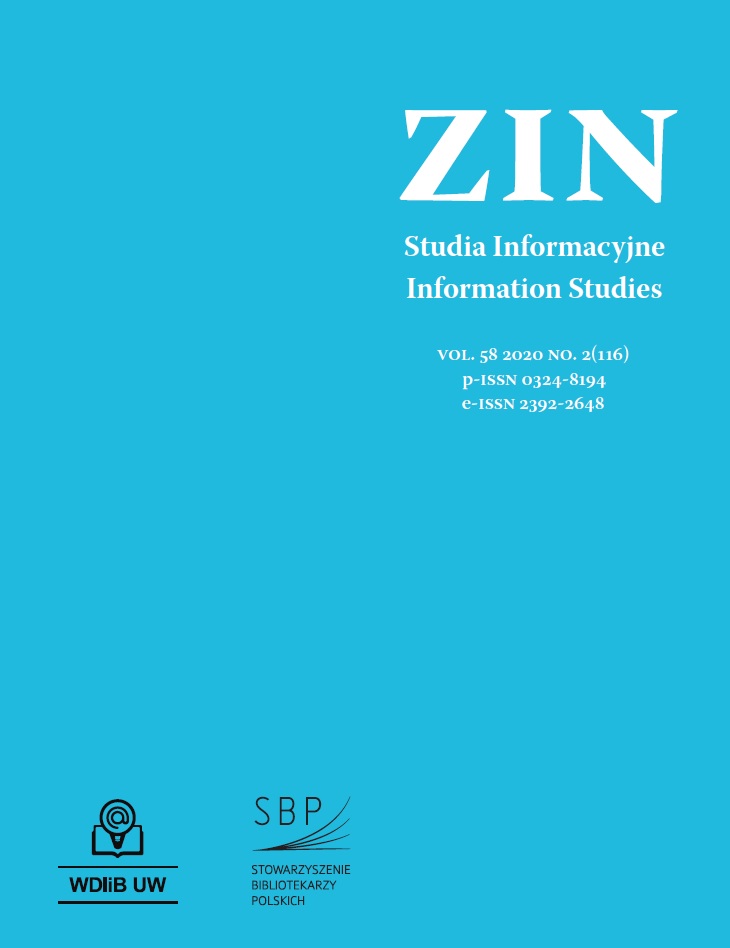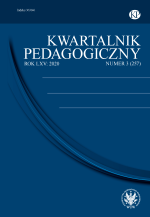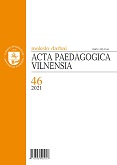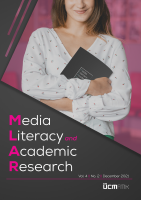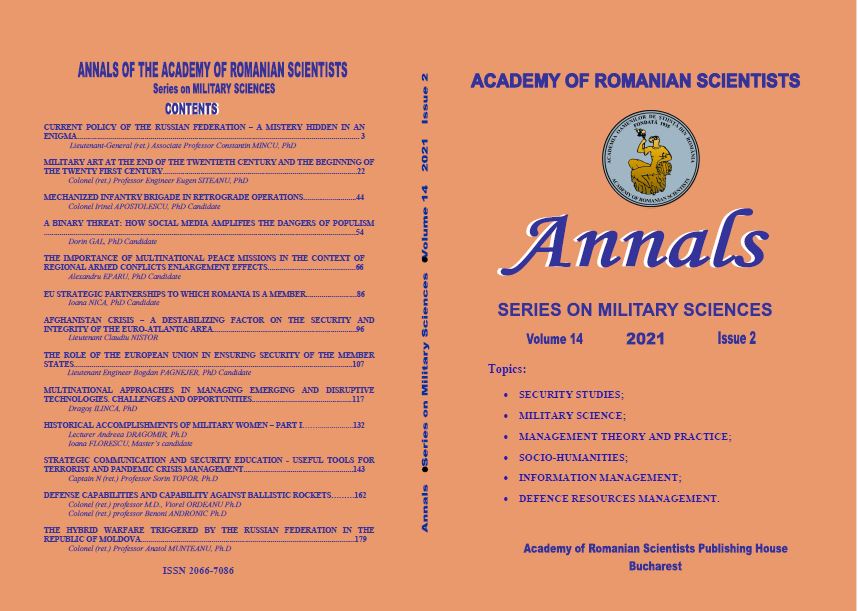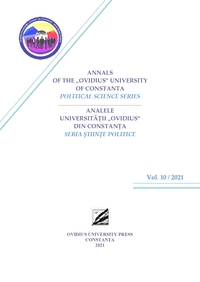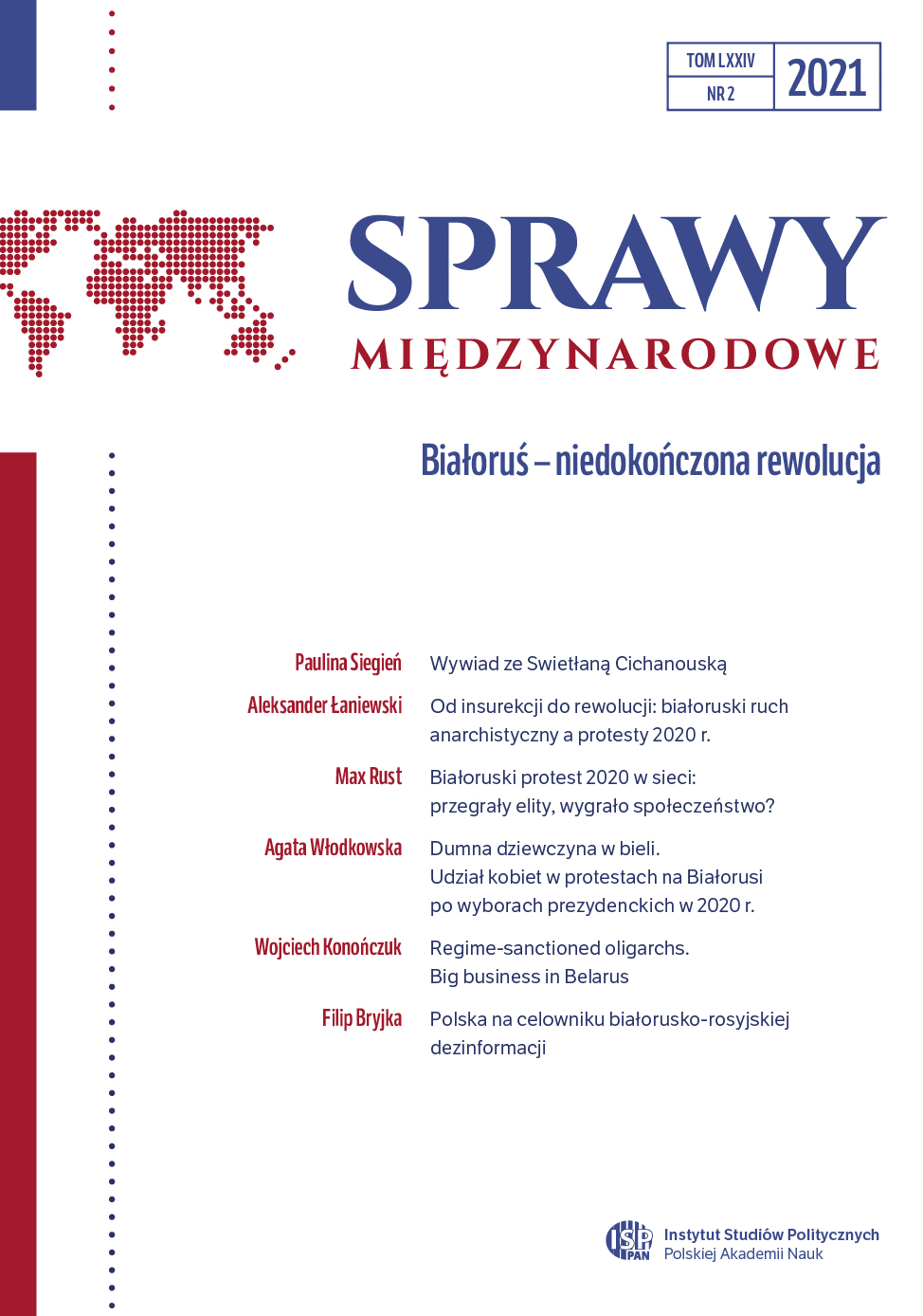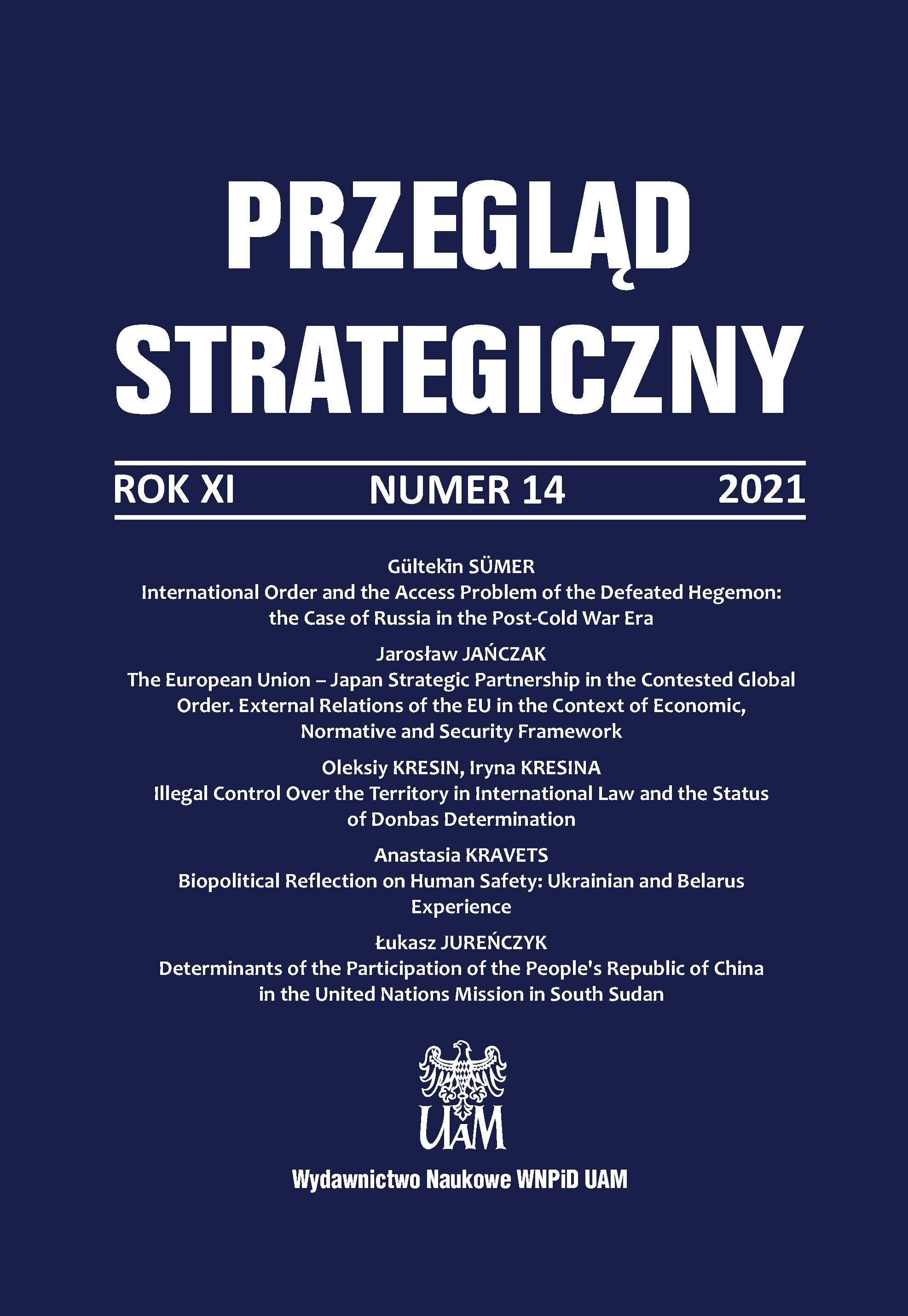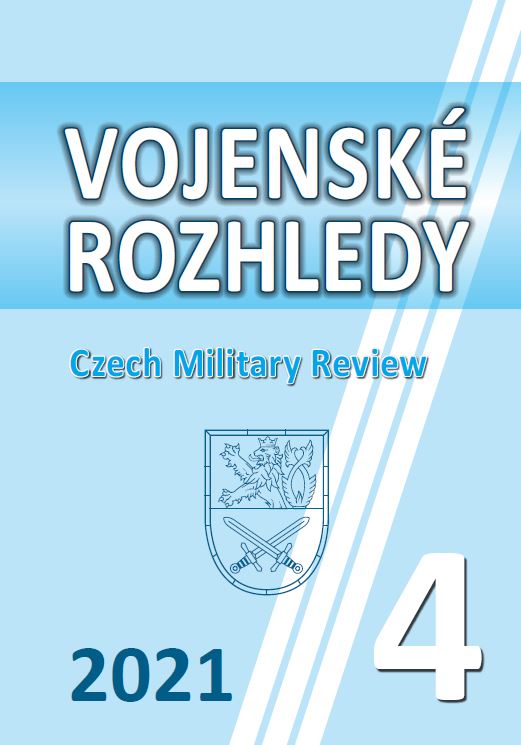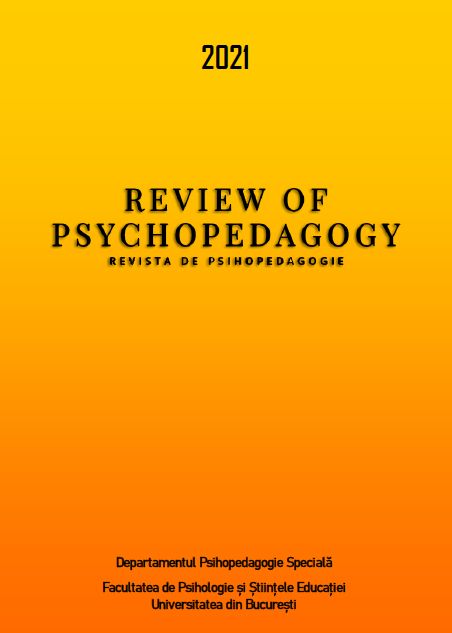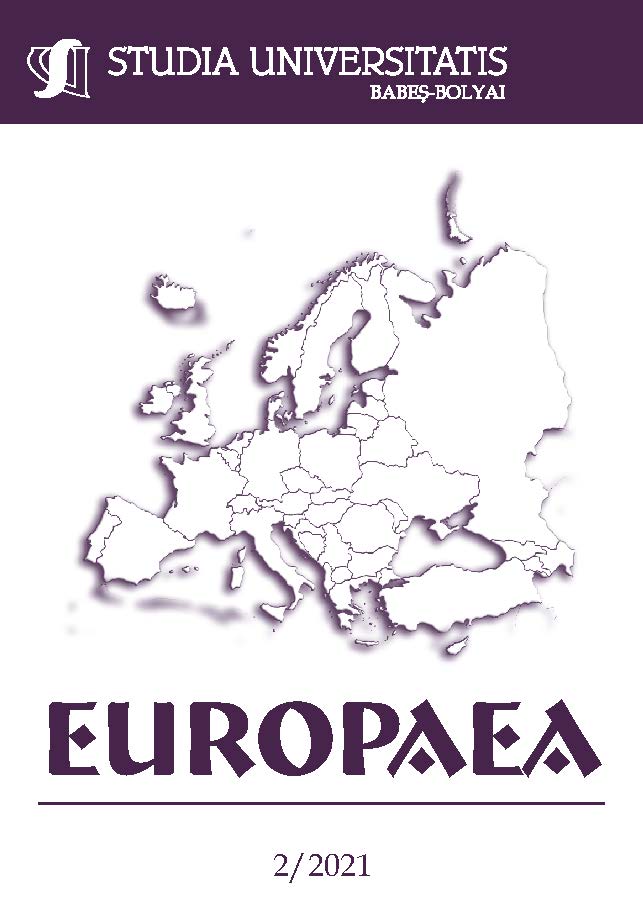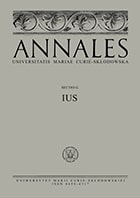ANALYSIS OF ADMINISTRATIVE BURDENS IN A LEGAL DRAFTING SYSTEM
ADMINISTRACINĖS NAŠTOS ANALIZĖ TEISĖS AKTŲ RENGIMO SISTEMOJE
The use of artifi cial intelligence methods or other computer-based methods in legal drafting would raise the technological level of legal drafting process, and could remarkably improve the quality of legal documents. Nowadays, the issue of administrative burdens is considered one of the most important legislation problems in EU and Lithuania. Administrative burdens mean a demand on bussinesses to gather, process and provide information for state institutions. The European Commission has proposed a joint EU target for reducing the administrative burdens by 25% in 2012.The Lithuanian economy stimulation plan provides for reducing the administrative burdens by 30%. To measure administrative burdens, the Standard Cost Model (SCM) is used. The paper considers how the model can be implemented in a legal document drafting system.
More...
